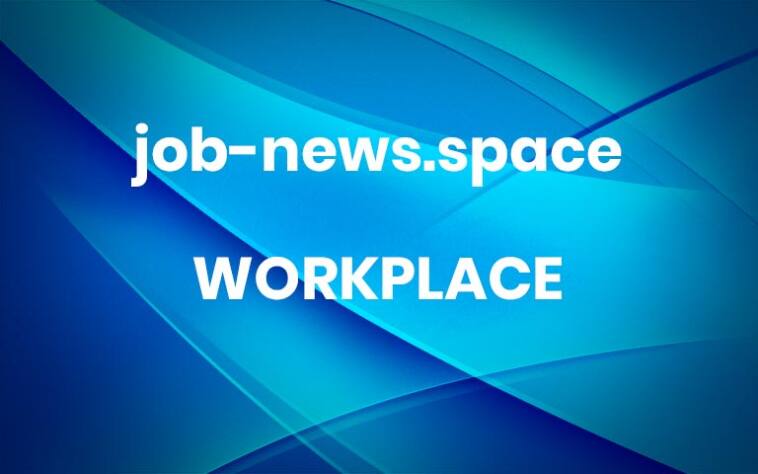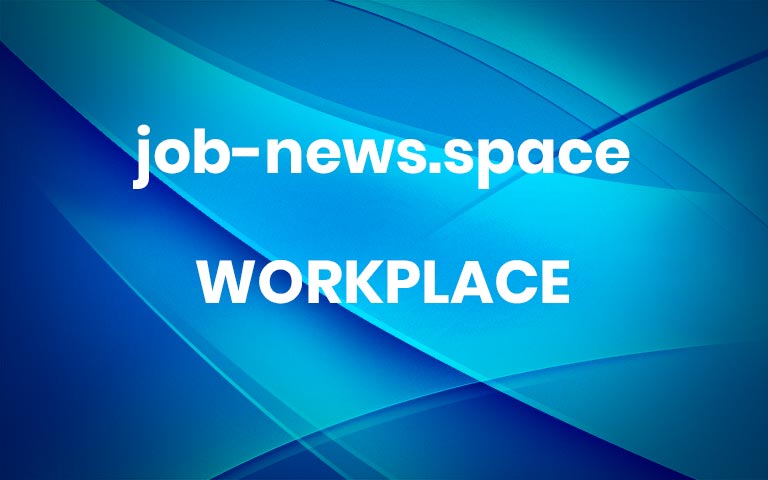The Post Non-Compete Workforce: A Business’s Guide to Adapt and Survive
In a move targeted to promote more efficient matching between employer and employee, the Federal Trade Commission (FTC) has set its sights on non-compete agreements, proposing a ban that could significantly impact the job market. The FTC’s proposal aims to curtail the widespread use of non-compete clauses, which have long been controversial for their potential to stifle competition and limit worker mobility.
At its core, a non-compete agreement is a contractual provision that restricts employees from working for a competitor or starting a competing business for a specified period after leaving their current employer. Proponents argue that they protect a company’s trade secrets and prevent employees from taking valuable knowledge and clients to competitors. However, critics argue that non-competes can hinder innovation, limit job opportunities, and suppress wages by trapping workers in undesirable positions.
The question is not, “Will this affect our business or industry,” but rather it’s a question of when and how. And in order to mitigate risk moving forward, there are impactful actions that every organization can take to evolve with the changes in a way that doesn’t hinder growth for the business.
The Current Landscape
The FTC’s proposed ban attempts to address these concerns by prohibiting employers from enforcing non-compete agreements nationwide. If implemented, the ban would mark a significant departure from the current patchwork of state laws governing the use and enforceability of non-competes. But beyond these surface-level speculations, there’s a lingering question as to how certain industries continue to operate moving forward without risk or damage to business development or growth.
Take a look, for example, at industries where closed ecosystems and client ownership are paramount. Fields like law, talent management, and consulting — where relationships with clients form the bedrock of business — will likely experience heightened concern and debate over the ruling. Critics in these sectors fear that eliminating non-compete clauses could erode their competitive advantage by making it easier for former employees to poach clients or leverage sensitive information.
However, for professionals who frequently move across industries and for those in roles where client ownership is less relevant, such as executives in B2C companies, where you sell to millions as opposed to a small group of big-spending corporate clients, the impact of this ruling will likely be minimal. These roles often emphasize internal management, employee relations, and strategic planning rather than direct client relationships.
Proactive Change for the Future
Regardless of the degree to which industry may or may not be affected, perhaps this indicates it’s time to take a closer look at traditional business structures, policies, and operations and find opportunities to evolve for the better, not the business, of course, but also for the individuals that make up the organization. In determining whether or not this ban would actually cause collateral damage, leaders have an opportunity to solidify and strengthen their company’s culture through precautionary measures.
The Role of Company Culture
It’s true – you can’t be everything to everyone, but it’s important to plant a stake in the ground when it comes to company identity and culture and, more importantly, ensure actions and decisions are reflective of that culture. How are employees treated, developed, and supported? What does internal communication look like? Then, apply these trends and values to situations that fall outside of standard operating procedures. For example, in the absence of a non-compete clause, if an employee were to leave the organization taking with them valuable intellectual property, how would current employees feel watching leaders pursue action against that employee?
These considerations don’t vary solely based on industry but also present different challenges based on the size of the organization. Intellectual property and client relationships will likely hold greater weight for a smaller organization, and in that same list of vulnerabilities, these companies tend to feel greater pain after losing an employee.
Consistency is Key
Looking towards the future, companies that don’t succeed in solidifying their processes in a world without non-competes will lose great talent, and one thing is for certain: this ban will place a great deal of flexibility back into the hands of the employee. It’s been years since the pandemic hijacked conventional workplace models, but companies are still straddling the fence between directions in which to grow – first, granting remote work opportunities, then enforcing a ‘return to office’ mandate, teasing the idea of a four-day work week, or insisting all executives work six days per week in response to low performance.
Consistency is key. It’s imperative that company expectations and policies match company culture. In doing so, there’s a greater chance of building a talented team whose values reflect those of the company, resulting in strong retention and lower turnover.
Ultimately, while the ruling has sparked strong reactions in client-driven industries, it may pave the way for greater job flexibility and mobility across the broader workforce. The final form of the ruling has yet to be seen, but its ramifications could reshape employment practices nationwide.
Kyle Samuels is the founder and CEO of Creative Talent Endeavors, an executive search consultancy and agency.
Share this post: More





